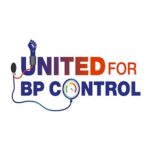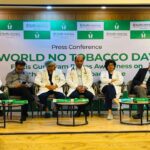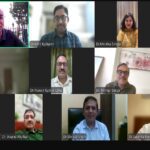The IIPH has also come out in opposition of this clause in the NMC Bill, which is just one of the many clauses that are not in the interest of the medical profession
New Delhi, January 16, 2018: The Indian Institute of Homoeopathic Physicians (IIHP) recently opposed the proposed bridge course for Ayush doctors in the National Medical Commission Bill (NMC), 2017. Calling it a retrograde step, the IIHP indicated that such a move is highly detrimental to homeopathy in the long run.
As per Dr Ramjee Singh, President of the Homeopathic Council and Dr RK Manchanda, Director General of CCRH, Homeopathy is a full medical system by itself and is capable of handling diseases independently.
The proposed NMC, among other things, is not ‘medical’ in nature as it allows the mixing of ‘Ayush’ with ‘modern medicine’. Combining the two in the same treatment by the same doctor will constitute a new treatment and hence necessitate a trial, which would require the approval of the ethics committee.
Clause 49 of the Bill states that a joint meeting of the NMC, the Central Council of Homoeopathy, and the Central Council of Indian Medicine should be held at least once in a year “to enhance the interface between Homoeopathy, Indian Systems of Medicine and modern systems of medicine”.
Speaking about this, Padma Shri Awardee Dr K K Aggarwal, President Heart Care Foundation of India (HCFI) and Immediate Past National President Indian Medical Association (IMA), said “Such unscientific mixing of medical systems is not in the best interest of people. It will pave the way for backdoor entry of qualified quacks to medical field. Such a provision will only do more harm than good. The bridge course will only encourage quackery, which is already one of the major issues faced by the medical fraternity today. It will take away the purity of each system of medicine. To expect students of another system of medicine to clear a bridge course and become adept at a totally different field is nothing short of absurd.”
The joint sitting, may, by an affirmative vote of all members present and voting, decide on approving specific bridge course that may be introduced for the practitioners of Homeopathy and of Indian Systems of Medicine to enable them to prescribe such modern medicine at such level as may be prescribed.
Adding further, Dr Aggarwal, who is also Vice President, Confederation of Medical Associations of Asia and Oceania, said, “It is time that the powers-that-be took urgent notice of this crisis and acted accordingly. The medical profession is currently facing the darkest hour. Not only are patients slowly losing faith in doctors and the profession as such, but are also becoming violent against doctors with the slightest provocation. This bill is only an addition to these existing woes and will exacerbate the situation for the medical fraternity and the students of medicine.”
It is not the first time that the government has made such a move. In 2005, the then Union health minister, Dr Anbumani Ramadoss, tried unsuccessfully to bring about a legislation to dissolve the MCI and set up another council under the control of the Health Ministry, which was rejected. That scenario is repeating itself today, with the difference that the union cabinet has given its approval to the draft NMC. The Parliament has a larger role to play in protecting the interest of the medical profession of the country. It is time to act.







